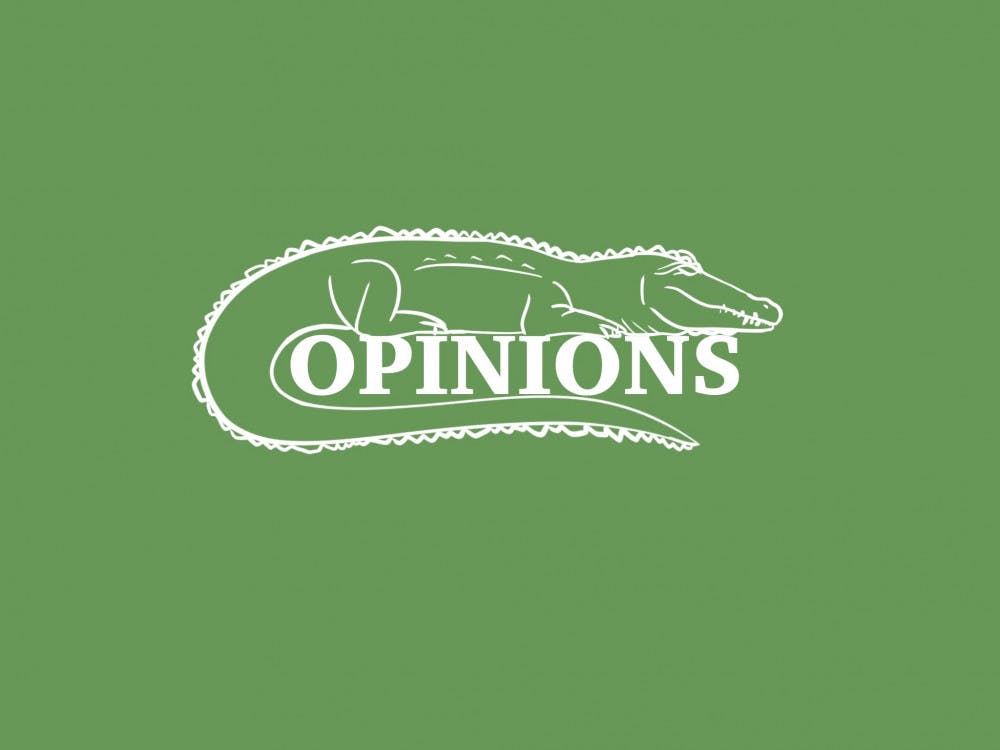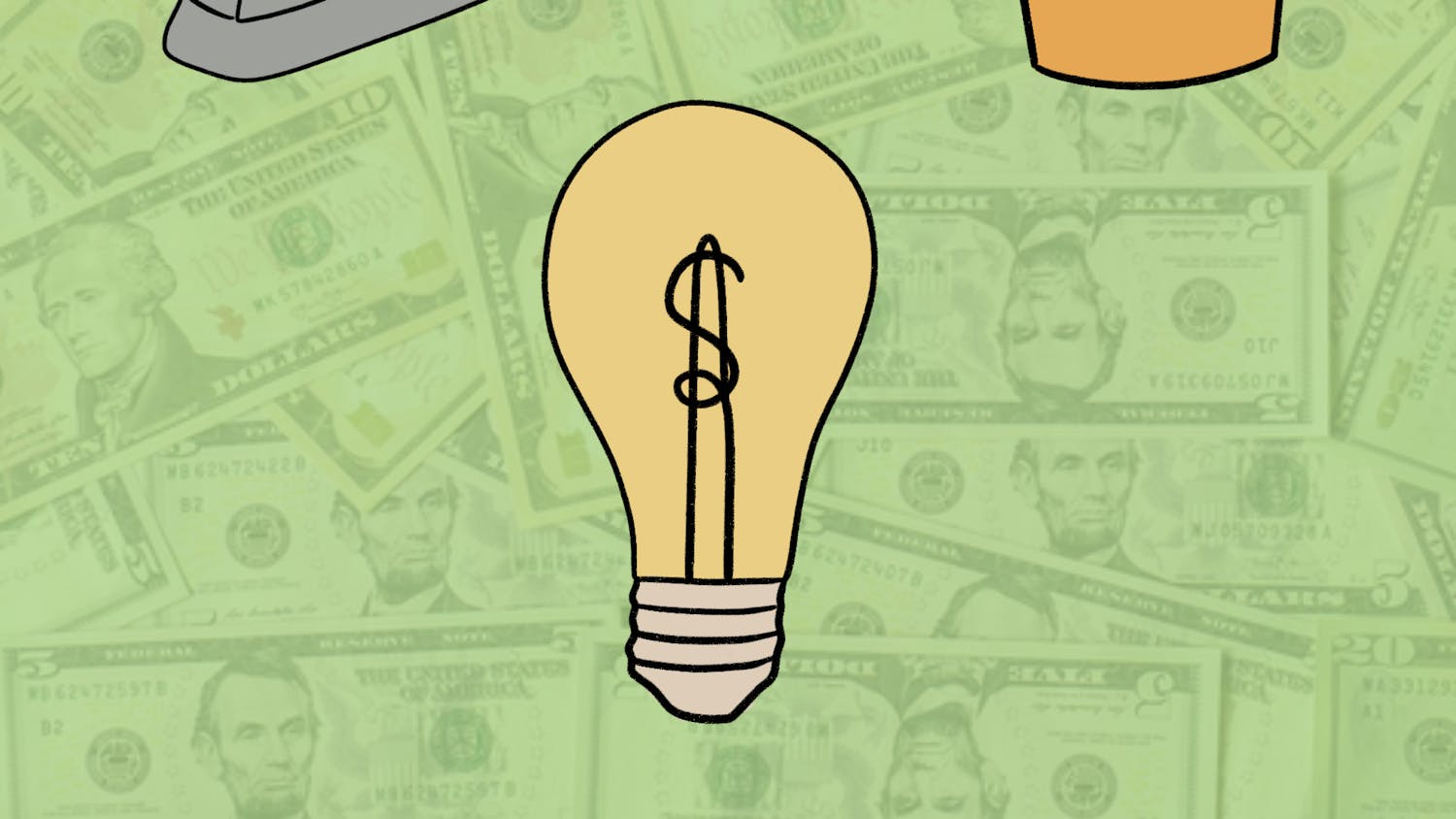My original plan for 2020 was to have my grandparents, who were supposed to be able to retire in a booming economy, move to an apartment in Jacksonville. Our family made the decision to move closer together after a fire ravaged the town of Paradise, California, only an hour and half from them, in 2015. COVID-19 makes moving two people older than 60 across the country impossible. My grandparents still live in Sacramento, California, still working and breathing some of the most toxic air on the planet.
More toxic still is the air in Oregon, where my parents live. Intense fires have spread across the entire West Coast, from Los Angeles to Seattle producing smoke that covers our continent. Fires on the West Coast that used to burn through national forests are now destroying small towns and suburbs. This means wildfire smoke that used to be made up of dried twigs and grasses is now made up of incinerated synthetic paints, carpets and the plastics. My fear is that being exposed to this hazardous smoke on a yearly basis will take years off my relatives’ lives.
Climate change hurts my family in real time. Where do I move my family to keep them safe? Even if I could put my family on a plane without worrying about them contracting a deadly respiratory virus, would I really want them to come to Florida while a record breaking number of named hurricanes brew in the Atlantic and Gulf?
What I was very rudely awakened to is that climate change disasters, worst case scenarios and emergencies are already happening. Climate change is already happening to all of us, my family is not the exception.
When we discuss climate change, we talk about 2030 and 2040, 2050 and 2100. But it’s happening now.
I thought after graduating law school, I would be entering a world where I could have financial security and generally be able to provide stability for my family. The reality is far from that, because even if I can secure gainful employment when I graduate, my family faces the existential risks of pandemic and natural disasters.
At this point I feel like the only way forward is to jump headfirst into intersectional climate justice. While the stability I originally wanted for my family seems impossible, I know that it’s technically possible for the planet to change course, if we take immediate radical action.
What is truly radical? Acting within our capacity to save our future, or continuing down the path of increasing destruction? The only way forward is with bold action now.
Savannah Gribbins is a 3L at the Levin College of Law.






